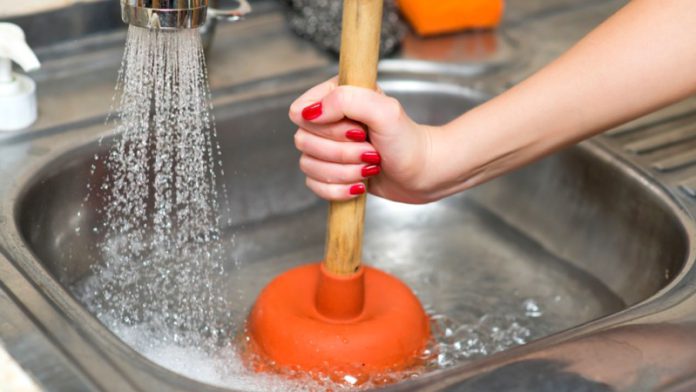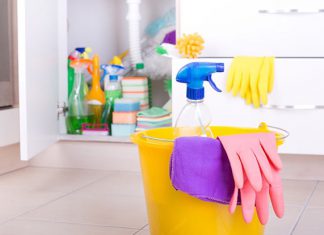Dealing with a blocked drain is an unpleasant experience that many homeowners encounter. It can lead to foul odors, water backups, and potential damage to your plumbing system if not addressed promptly. While chemical drain cleaners might seem like a quick fix, they can be harmful to your pipes and the environment.
In this blog post, we’ll explore effective and eco-friendly methods for clearing blocked drains and maintaining a smoothly running plumbing system.
Boiling Water:
One of the simplest and most natural methods to clear minor blockages is to use boiling water. Boil a kettle or pot of water and carefully pour it down the blocked drain. The hot water can help break up grease, soap scum, and debris that may be causing the blockage, allowing water to flow freely again. However, exercise caution when using this method with PVC pipes, as boiling water may cause damage to them.
Baking Soda and Vinegar:
An eco-friendly alternative to chemical drain cleaners is the combination of baking soda and vinegar. Start by pouring half a cup of baking soda down the drain, followed by a cup of vinegar. The mixture will create a fizzy reaction that helps break down organic materials and clears the drain. Allow it to work its magic for about 30 minutes before flushing the drain with hot water.
This method is particularly effective for removing mild blockages caused by accumulated grime and organic matter. Plus, it’s safe for most types of pipes and won’t harm the environment.
Salt and Hot Water:
For a quick and easy fix for minor drain blockages, try using table salt and hot water. Pour half a cup of salt down the drain and follow it with boiling water. The abrasive nature of salt can help dislodge debris, and the hot water will flush it away.
Use a Plunger:
A plunger is a classic and handy tool for clearing blocked drains in sinks, showers, and bathtubs. Ensure there’s enough water to cover the plunger’s rubber cup, then create a seal over the drain and plunge up and down vigorously to dislodge the blockage. The suction and pressure created by plunging can often force the clog to break apart and clear the drain.
Plumbing Snake/Auger:
If the blockage is deeper and not responding to other methods, a plumbing snake or auger can be highly effective. An auger is a flexible cable with a corkscrew-like end that can reach deep into the drain to break up or grab hold of the clog. Insert the snake into the drain and rotate it to work through the blockage. Slowly pull out the snake, and the clog should come with it.
Remove and Clean the P-trap:
For stubborn blockages that won’t budge, consider removing and cleaning the P-trap. The P-trap is a U-shaped pipe located beneath the sink or bathtub. Before removing the trap, place a bucket under it to catch any water and debris that may spill out. Unscrew the trap and clean it thoroughly before reassembling. This method is particularly effective for blockages caused by solid objects that have become lodged in the trap.
Conclusion:
Blocked drains are a common household inconvenience, but there are several eco-friendly ways to address the issue without resorting to harmful chemical cleaners. From using boiling water, baking soda, and vinegar to employing a plunger or plumbing snake, these methods can help you keep your drains clear and your plumbing system functioning optimally.
Remember, if the blockage persists or seems severe, don’t hesitate to seek the assistance of a professional plumber sutherland shire to prevent further damage and ensure a long-lasting solution. Taking care of your drains using these eco-friendly methods will not only keep your plumbing system in good shape but also contribute to a healthier environment.












